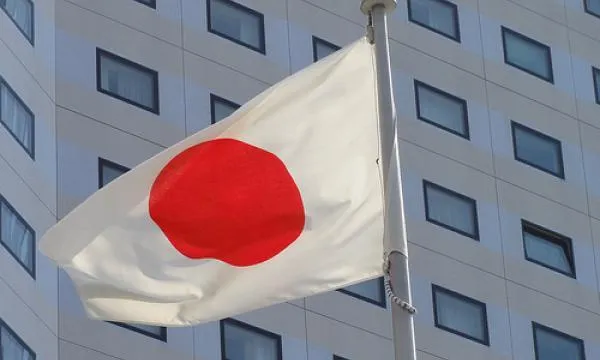
Japan's proposed solar subsidy cuts anger investors
Under the proposal, subsidy guarantees for developers could fall to $0.18 per kWh.
Reuters reports that the Japanese government’s “threat” to cut existing solar power project subsidies is drawing the ire of power producers and investors.
The Ministry of Economy, Trade and Industry (METI) previously proposed that the companies which have permits for solar projects in 2012-2014 through a feed-in tariff (FIT) system need to submit their application to connect to the grid by March 2019. If companies fail to follow this, their FIT price guarantees will be slashed from $0.28 to $0.36 per kWh to $0.18 per kWh.
METI has said the cuts are necessary to reduce the public burden of the FIT subsidies, which are added to consumers bills. At the same time, METI is likely unhappy with the number of unfilled permits.
About 23% of the total capacity approved in 2012 is not operating, whilst 49% approved in 2013 and 59% approved in 2014 are also not operating.
Reuters noted that investors and operators are threatening the government with lawsuits, which is comparable to when Spain in 2013 had to make compensation payments to investors after a similar decision.
“Litigation will inevitably ensue from Japan and abroad, and it will be difficult to convince the public that there is no risk of the government losing when the proposed changes so blatantly disregard the foundations of the FIT scheme,” law firm Orrick said in a note to clients.
METI estimates show the subsidy cut could affect 23.5GW of solar capacity or nearly 44% of the amount the government approved in the three-year period after the FIT scheme was created in 2012. Japan’s total installed power capacity is around 250GW, with 44GW coming from solar.
An unnamed official from a Japanese renewable power producer said that some operators with bad intent have deliberately delayed projects. However, she argued that large-scale solar projects do take a significant amount of time to push forward because of environmental mitigation measures and discussions with nearby landowners.
Several investors and lawyers involved said the changes will likely see many projects cancelled.
Read the full report here.
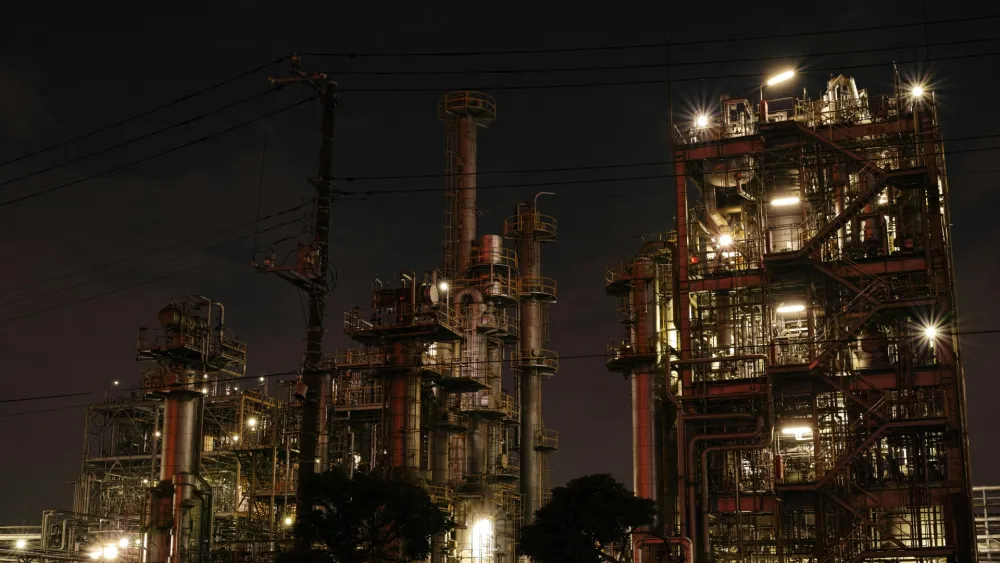
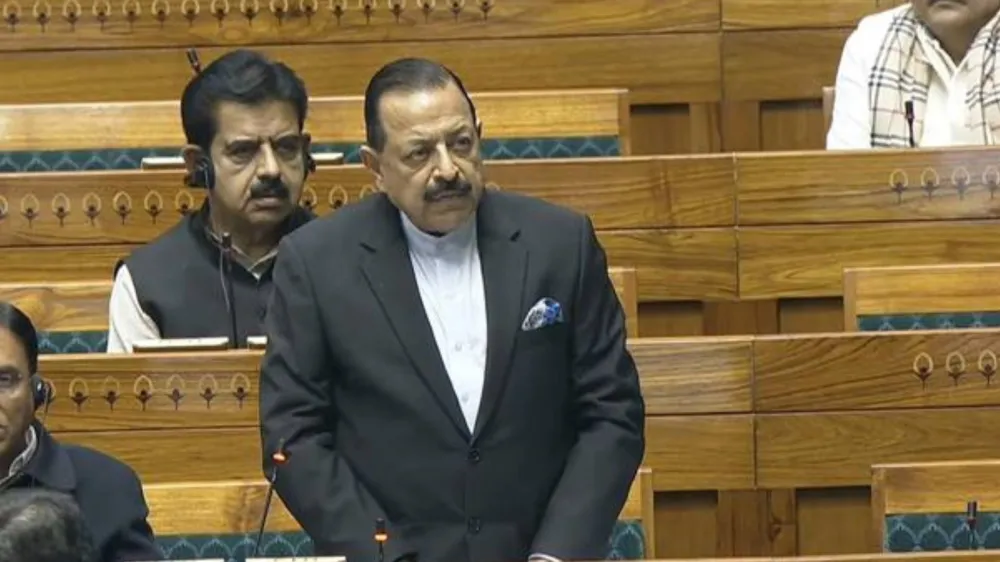
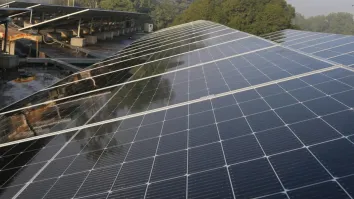
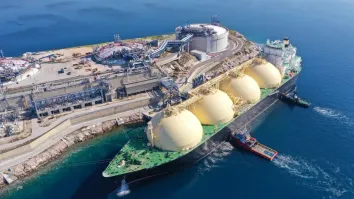

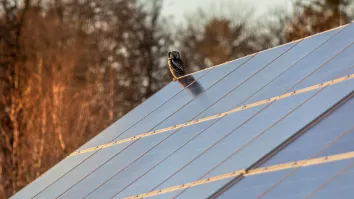













 Advertise
Advertise







